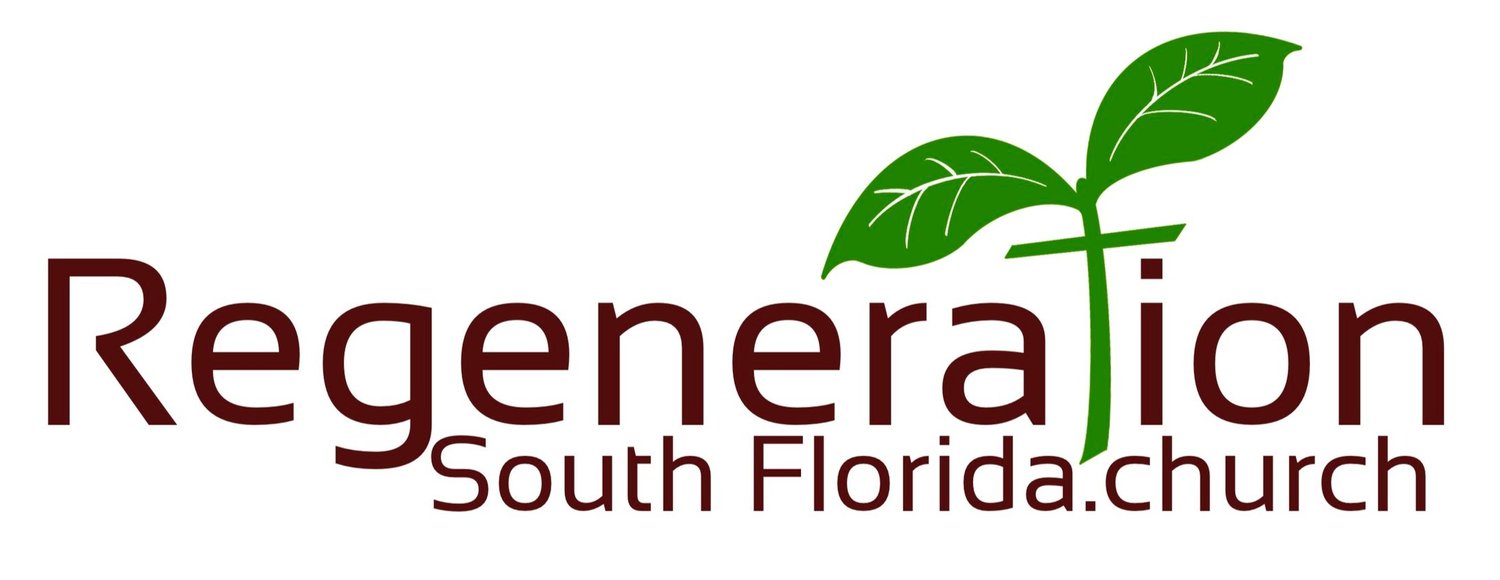Mysterious Choice (part 2)
God is omnipotent. The pile of passages in the Bible demonstrating the ultimate authority of God is immense. Our challenge is to explain the Biblical basis of human free will.
A brief survey of two Bible heroes is helpful. Paul stated that our salvation does NOT depend on our will or exertion. The life of Paul is marked with an astonishing amount of exertion. Paul walked thousands of miles, covering the Roman Empire from east to west. His writings have been read by millions over two millennia! Second Corinthians chapter eleven records just a few of the adventures of Paul. The list includes beatings, dangers at sea, and exciting escapes – more extreme than Bourne! Paul ended up in the Mamertine dungeon, then martyred. He lived and died for the truth he believed.
John the Beloved wrote that our transformation to a child of God happens “Not of blood, nor of the will of the flesh, nor of the will of man, but of God”. (John 1:13, ESV) We have an outline of the life of John in the Bible and early church history. After the Ascension of Jesus, John took responsibility for Mary. They moved to Ephesus, fleeing persecution in Jerusalem. John was a church leader for decades. His writings included one of the four gospels, three letters to churches, and a book of Revelation. As an old man John was sentenced to death by poisoning, which sickened but did not kill him. Rome exiled him to Patmos, where he survived in a cave and received an inexpressible vision of end times and heaven. John lived and died for the truth he believed.
The examples of Paul and John point me toward the truth that my life is not my own, I have been bought with a price. (1 Cor 6:19-20) The mark of the regenerated heart is a growing desire to participate in the kingdom. James, the brother of Jesus, gave this definition of true religion (worship): “Visiting widows and orphans in their affliction, and to keep oneself unstained from the world.” (James 1:27, ESV)
There are two great stories in the tenth chapter of Mark. A rich man kneels before Jesus, asks for eternal life, and is openly loved by Jesus. Despite being face to face with the Savior of the world, he sorrowfully walks away. Shortly thereafter, Jesus and a crowd are entering Jericho. Bartimaeus is sitting by the side of the road, hollering for Jesus. He is rewarded with a trip to the front row. His blindness is healed! His faith made him well.
“Whoever believes in him is not condemned, but whoever does not believe is condemned already” (John 3:18a, ESV)
There are two groups- those who believe and those who do not. We choose which group we want to be in. Each of us will make that choice for ourselves – we are free to choose life or death. As Jesus hung in agony on the cross, two men suffered with him on either side. Both were presented with a choice. One chose life, naming Jesus as Savior. He did not deserve it, yet he pleaded for mercy. Jesus looked at him and said “Today, you will be with me in Paradise”.
Free will is a gift from God. We do not have sufficient power to demand and enforce our will. From Adam and Eve until now, every person freely chooses life or death. God sees the scope of time from beginning to end. He knows the outcome of every story. His foreknowledge does not affect our inability to perceive the future. We can link back to passages in John chapter six to understand that choosing life is empowered by God. We pray for ourselves and for our city, that God would open eyes and hearts. We pray that God would call those who are dead in their sins and quicken them, awaken them to new life.
God’s will is absolute. It cannot be thwarted. The intersection of human free will and the sovereignty of God is tricky territory. God told Habakkuk that he would use wicked Babylon to judge Israel, and would then punish Babylon for their violence and greed. God accomplishes his purposes and is ultimately and fully glorified through our free choices.
Jesus fell on his face in the garden, struggling with what was to come. He was opposed by the evil one. Hours of indescribable mental and physical anguish lay ahead. Our Savior had a choice. As a human, he had free will. He prayed: “Not my will, but Thine be done”. The goal of a Christ follower is that my will and the will of the Father will merge. We see that in the lives of Paul the apostle and John the Beloved. Their desires were molded into the image of Jesus and their actions verified the transformation.
“Not my will but Thine be done"



